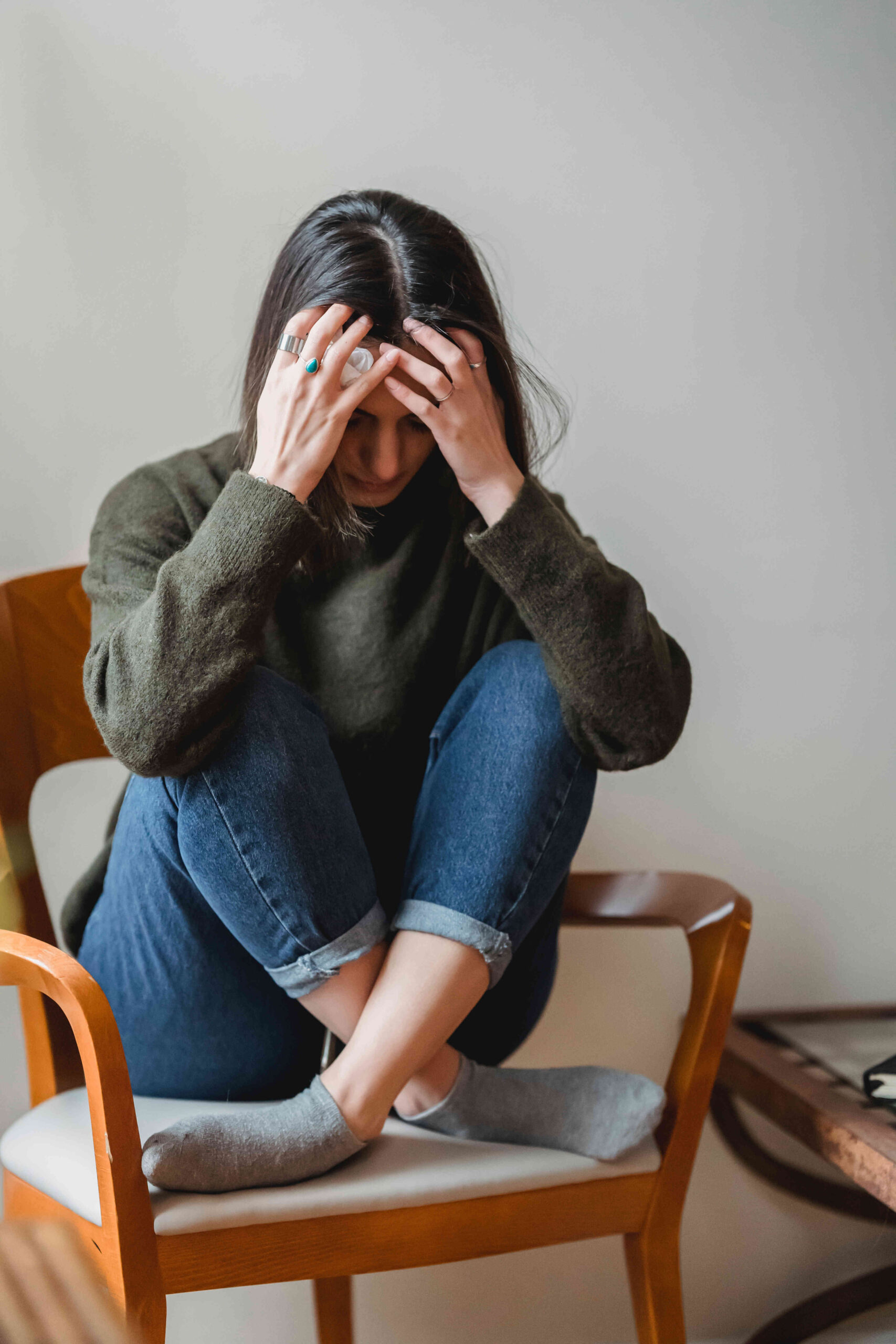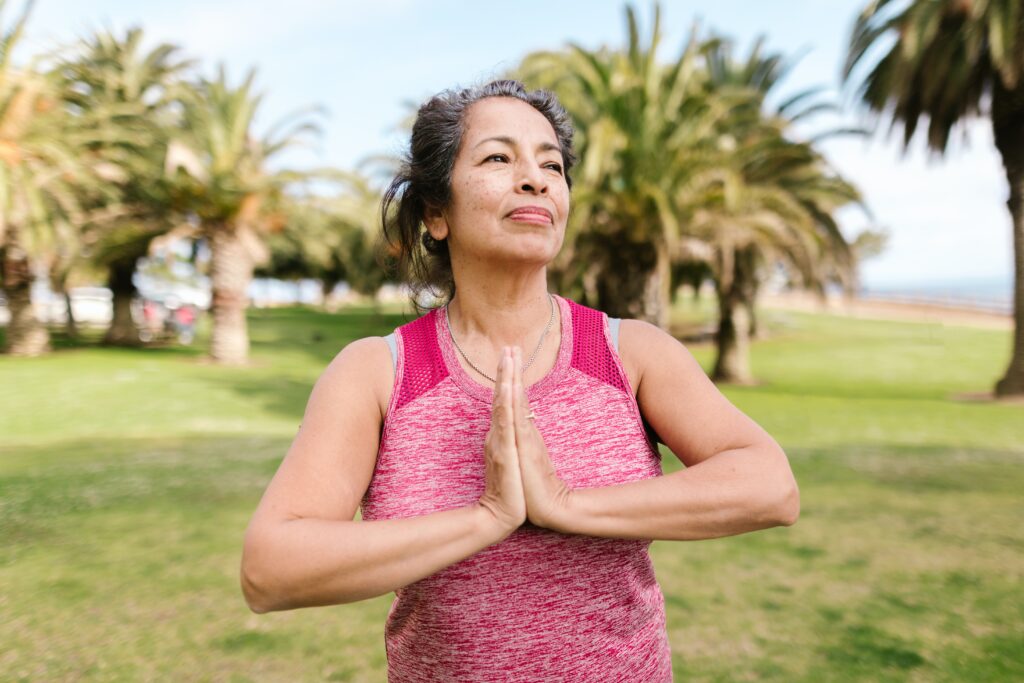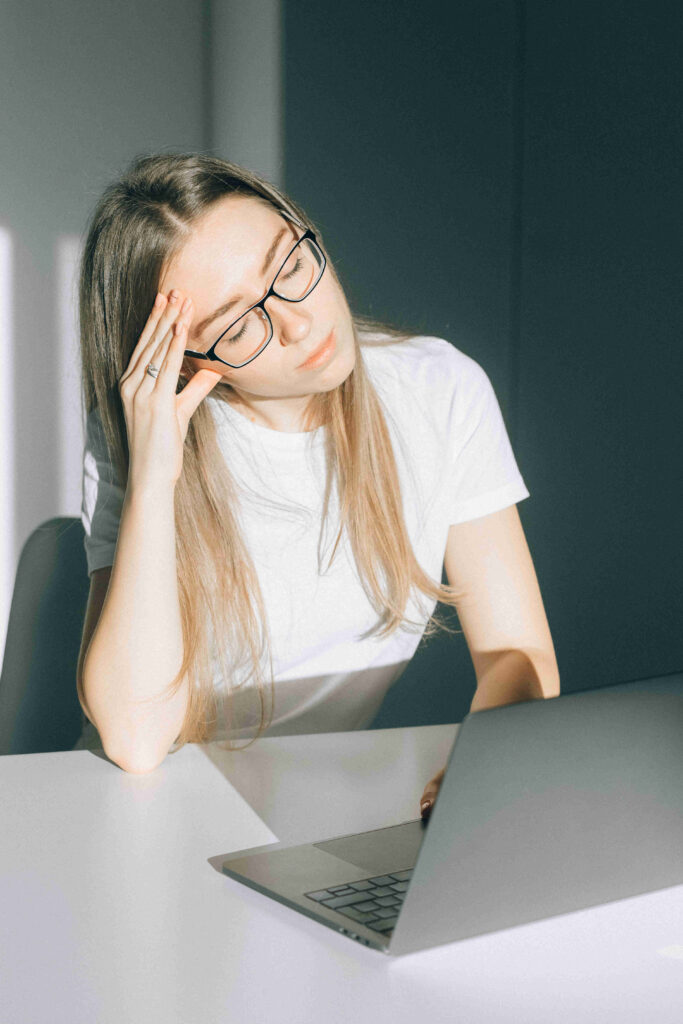While much of the focus in the world of healthcare is often placed on physical wellness, mental wellness is equally important. Anxiety is one of the most commonly experienced mental health issues, and those who suffer know how all-consuming they can be, especially at a time of such uncertainty with the constant influx of bad news regarding the effects of COVID-19.
Anxiety
Anxiety is an emotion that most have felt, perhaps related to a first date, a job interview, taking a test, or giving a speech. Feeling apprehension, nervousness, or fear about an event, something new or unknown, or something that makes you uncomfortable is a natural response to stress. However, if the anxiety is extreme, interferes with your life, and lasts longer than six months, you may have an anxiety disorder.
Those who suffer anxiety also often report feeling anxious even at times when nothing particularly stressful is happening. Anxiety may arise while you are simply relaxing or trying to go to sleep.
As the most common type of emotional disorder, it includes phobias, social anxiety disorder, panic disorder, obsessive-compulsive disorder, separation anxiety disorder, post-traumatic stress disorder (PTSD), and illness anxiety disorder. Symptoms include an increase in heart rate and breathing rate, feeling restless, sweating, feeling faint, shortness of breath, problems focusing and concentrating, worry, obsessive or repetitive thoughts, and problems sleeping.
Ways to manage anxiety
While there are medications to help manage anxiety, there are many natural and lifestyle-oriented things that can be done. One of the most frequently recommended ways to counter to anxiety is practicing deep, slow breathing. Let’s explore why.
The autonomic nervous system is divided into sympathetic and parasympathetic. When the sympathetic nervous system is fired up, it signals the body to be ready for “fight or flight,” increasing heart and breath rate, pumping blood to the big muscles of the body, increasing pupil size, and decreasing salivation. Your body is behaving like you’re about to be attacked. Conversely, when the parasympathetic nervous system is triggered, the body is prepared to “rest and digest,” slowing the heart and breath rate, stimulating gastric juices and saliva for digestion, and allowing for cellular repair. The body is responding to a relaxed environment.
These systems operate in opposition to each other, so as one is stimulated, the other tones down. One of the things we can control is how we breathe, so consciously breathing more deeply and slowly signals the parasympathetic system to come into play and suppresses the sympathetic system response.
Of course, in the midst of a panic attack, it’s difficult to practice this calming breath, so regular, daily practice through breathwork, meditation, yoga, tai chi, qi gong, or other methods is key. The oft repeated health tips of regular exercise, creating a regular sleep schedule, eating healthy, quitting smoking, and limiting alcohol also help with managing anxiety. And since caffeine is a stimulant, it is best avoided.
Supplements for anxiety
In addition to eating healthy foods rich in omega-3 fatty acids, B complex vitamins, vitamin D, and magnesium, supplementing with these nutrients may also help. You may want to talk to a natural health professional to make sure to get high-quality versions in the right format and dosing for you so that you will notice the benefits.
Green tea contains a compound called l-theanine, which has been shown to help stimulate the brain waves associated with an alert, but calm state of mind. Since green tea usually also contains caffeine, you could seek out a supplement version—often found in combination with other nutrients and herbs—to get the dosing that will help you without the caffeine.
Chamomile, lavender, lemon balm, passionflower, and valerian are common herbs to help calm the mind, though some can also be sedating, so best not to take during the daytime.
Reishi Mushroom
Japanese red reishi mushroom, also called ling zhi, is a Traditional Chinese Medicine (TCM) herbal medicine categorized to calm the mind, while also providing energy and supporting whole body health. Modern science has recognized it as an adaptogen—a natural substance that can help the body adapt to stressors, returning the body to a normal and balanced state.
While most herbs used in TCM are given in combination formulas, reishi mushroom is one that is sometimes given on its own. It is used to treat insomnia, fright, racing or skipping heartbeat (palpitations), forgetfulness, and fatigue—all familiar symptoms of anxiety.
If you are taking pharmaceutical medications, it is always a good idea to discuss the addition of any supplement with your qualified healthcare practitioner. However, reishi mushroom, unlike some other herbal supplements, is not commonly listed as a substance that interferes with anxiety medications.
Like many other natural supplements, it doesn’t generally yield instant effects like a pharmaceutical, but it is unlikely to give unwanted side effects.
Whether you have a diagnosis of an anxiety disorder, tend to feel anxious, or are just feeling anxious now with the uncertainty around you, it’s important to know that you can regain some control over your anxiety by incorporating some lifestyle changes and with the options of some supplements, including Japanese red reishi mushrooms.





